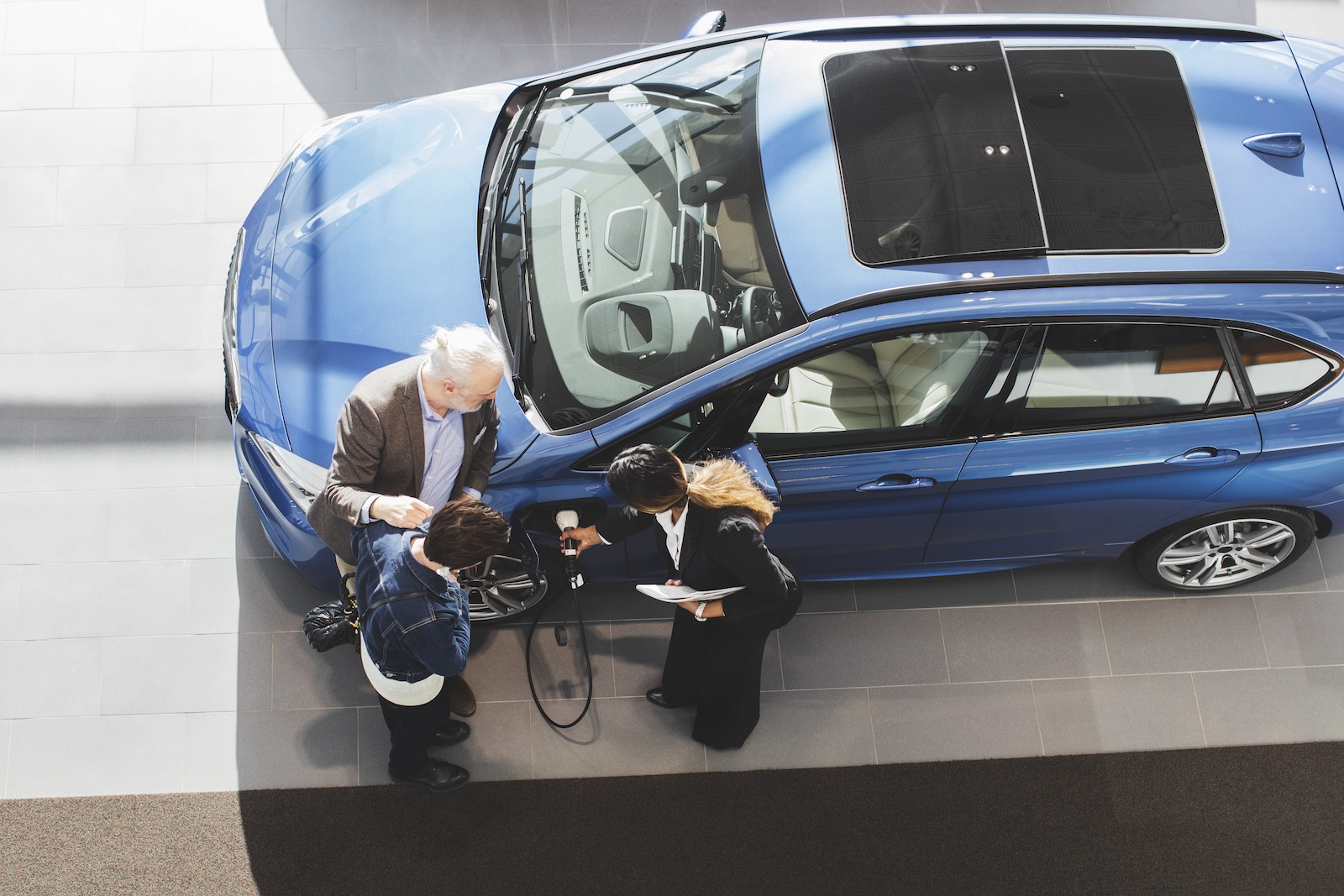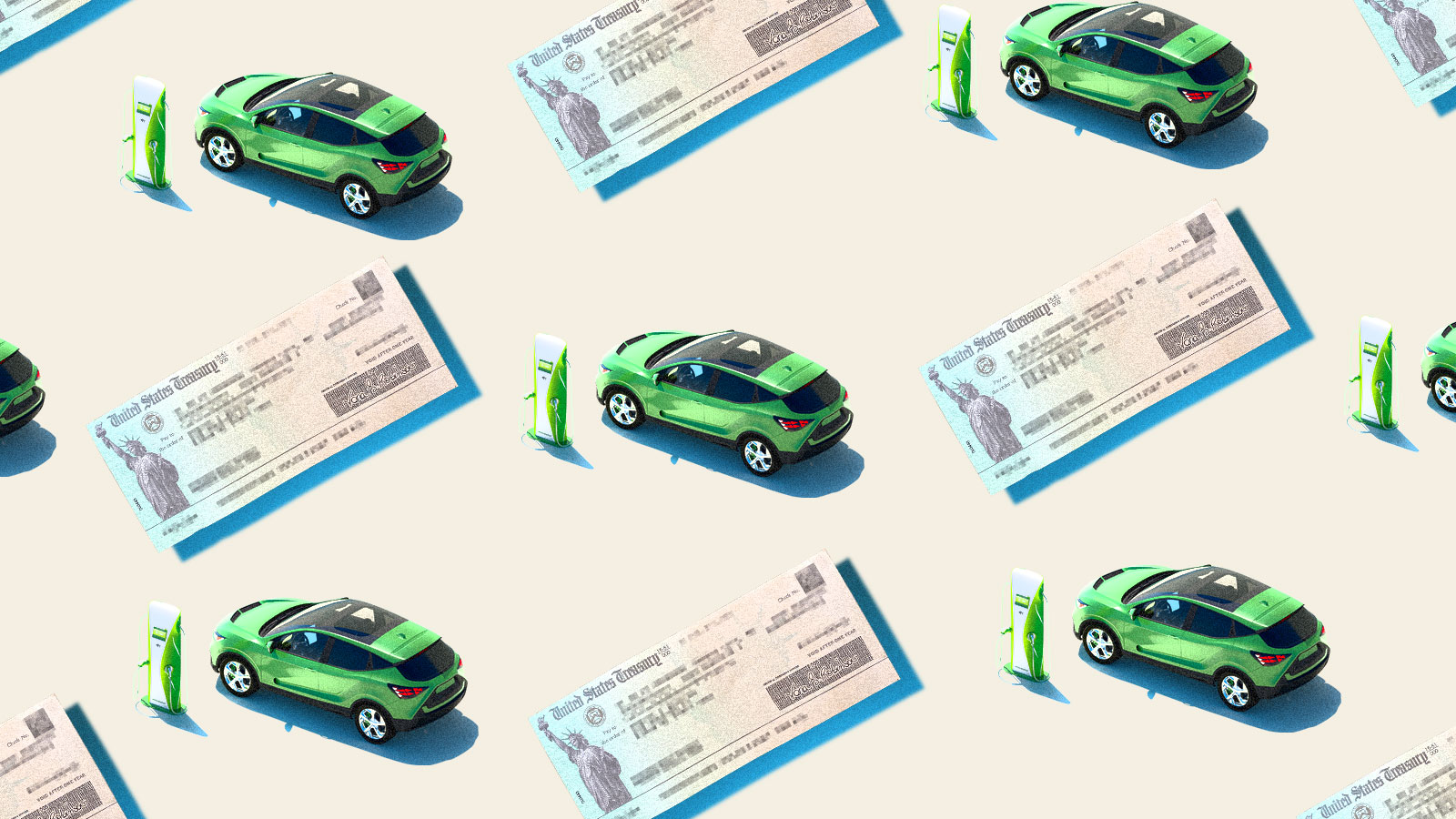More Americans than ever are interested in buying or leasing an electric vehicle, according to data released by Consumer Reports yesterday.
In a nationwide survey, 14 percent of respondents said they would “definitely” buy or lease an EV if they were in the market for a new car today — a significant jump from just four percent in 2020. Twenty-two percent said they would “seriously consider” an electric vehicle.
Consumer Reports conducted the survey of over 8,000 Americans during January and February, when the national average price of gas was around $3.50 per gallon. Since then, high gas prices have ignited even more interest. In the two weeks following Russia’s invasion of Ukraine, online searches for new and used EVs more than doubled, according to Cars.com.
Among respondents who said they would not consider an EV, charging logistics, vehicle range, and the overall cost topped their list of concerns. Some of these worries are justified, but recent research suggests that some may have more to do with perception than reality. In May, a team of researchers at the University of Geneva found that people tend to underestimate how well an EV could serve their daily needs.
In the U.S., new EVs are typically more expensive than new gas-powered vehicles, but EV owners spend far less on “fuel” and around half as much on maintenance and repairs over the car’s lifetime, since EVs have fewer moving parts and fewer fluids that require changing.
The groups most likely to buy or lease an EV include those who live in urban areas and those with higher household incomes, showing that the transition to EVs hasn’t been equitable. Environmental justice advocates say that’s a problem because low-income communities and communities of color bear the highest burden from vehicle exhaust pollution and stand to benefit from saving money by switching to EVs.
Last month, the Biden Administration announced it would take a step towards solving the problem by investing $7.5 billion in EV charging infrastructure, specifically aiming to fill gaps in “rural, disadvantaged, and hard-to-reach locations.”
“Vehicle electrification is a game changer for climate change and the new clean energy economy,” wrote Leslie Aguayo in a recent blog for the Greenlining Institute, an environmental justice organization. “That is, if we don’t lock out entire communities.”
People who had either driven or ridden as a passenger in an EV were also more likely to say they’d consider buying or leasing one, suggesting that demand will continue to grow as more people get familiar with EVs.
Automakers are unveiling more types of EVs. In 2012, just eight EV models were sold in the U.S. By the end of this year, it will be 100. But as demand grows, EVs are tough to find. The pandemic, a shortage of semiconductor ships, and the war in Ukraine have disrupted supply chains, and many new models have backlogs that could take a year to clear.




